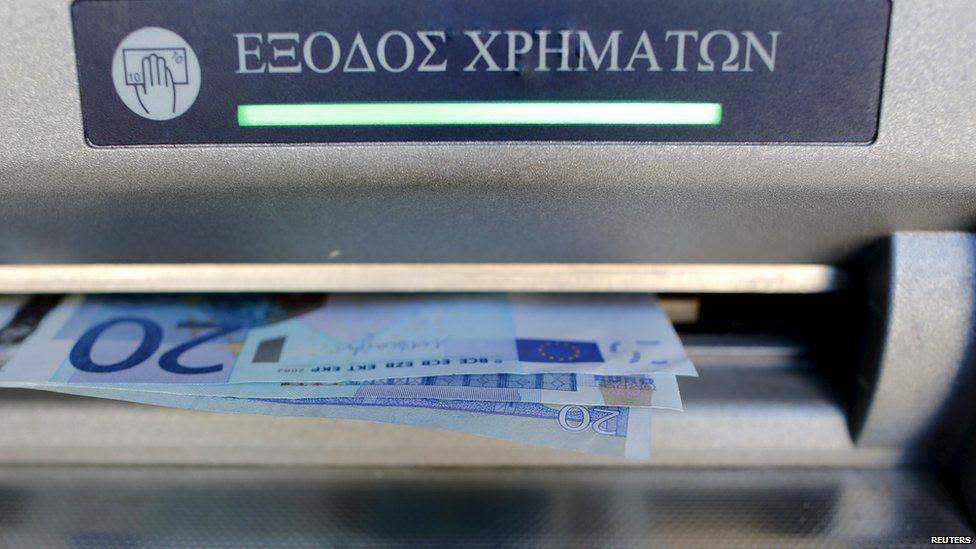After the imposition of capital controls implemented by the government and the "freezing" of online payment services based on traditional banks and credit cards to transfer money, Greeks will no longer be able to use their PayPal accounts as well. 
As stated by a PayPal representative:
"Due to the recent decisions of the Greek authorities for capital controls, the payment of PayPal from the Greek bank accounts as well as the cross-border transactions financed by the cards or the bank accounts, are not available at the moment. Our goal is to continue to serve our customers in Greece in full as we have been doing for over a decade ".
The move reflects the fact that both PayPal and other financial technology companies depend on the traditional institutions they were created to disrupt. The truth is that there is an old type bank at the heart of every financial startup trying to throw the old guard out of things.
Something like that happens with the bitcoin digital coin.
Coinbase, which enables the world to buy and store bitcoins, relies on Silicon Valley Bank of Santa Clara, California to convert bitcoins into US dollars or other currencies despite advertising of the company that with bitcoin you are using a global currency that is not controlled by any country or banking company.
Therefore, despite the fact that many of these companies are presented as an indispensable competitive tool in the traditional banking system, the closure of PayPal in Greece reminds us of how difficult it is not to mediate banks at all in the flow of money.





